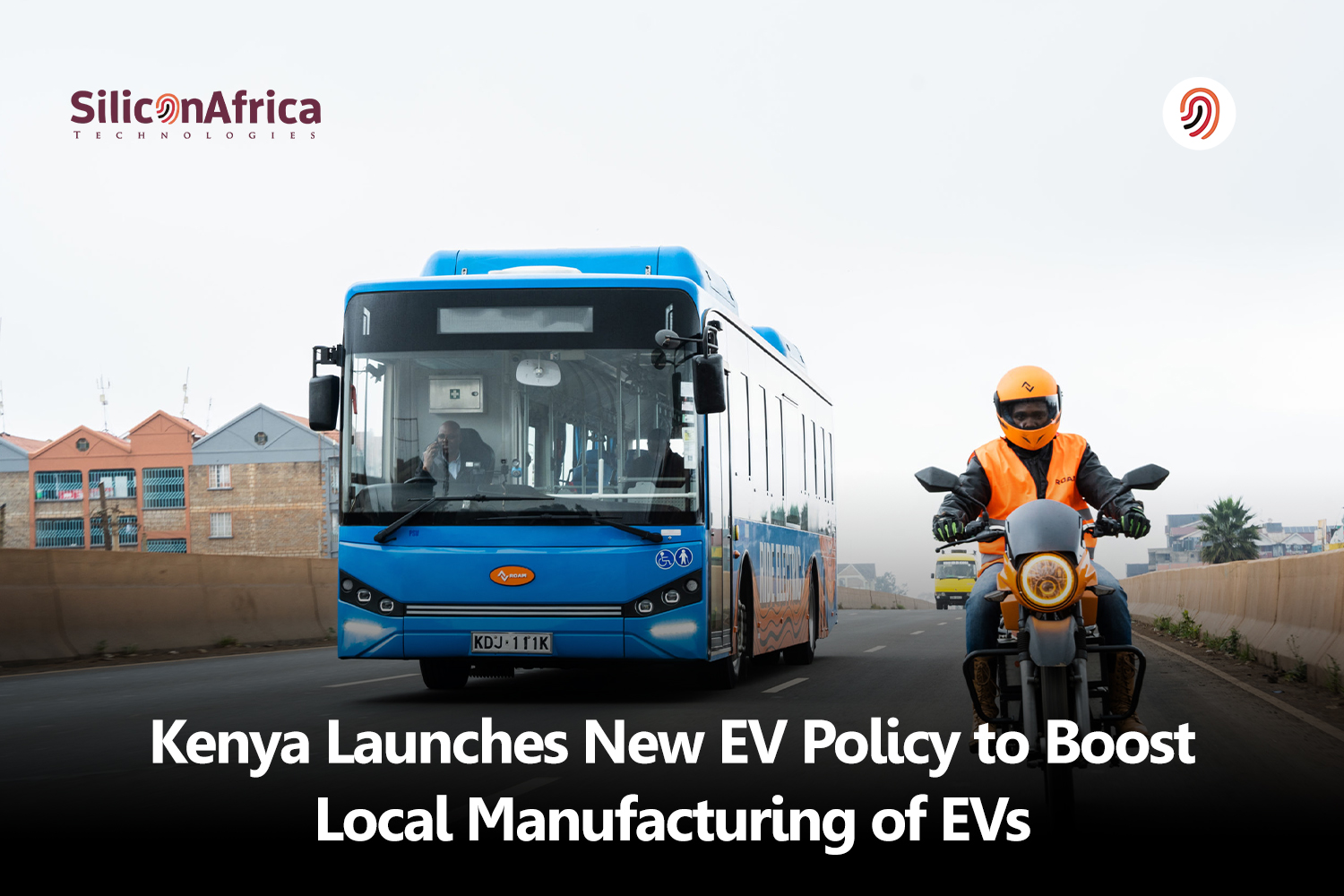Physical Address
60 Ekwema Cres, Layout 460281, Imo
Physical Address
60 Ekwema Cres, Layout 460281, Imo

Kenya has a vision for a greener future with the introduction of a pioneering national e-mobility draft policy (EV Policy).
This revolutionary project will serve as a catalyst to help Kenya become an electric vehicle manufacturing and assembly hub.
The policy is introduced at a time when Kenya, like many other countries, is grappling with issues related to climate change and dependency on fossil fuels.

Although Kenya currently lacks the extensive infrastructure and expertise needed to produce electric vehicles from scratch, the new policy sets the stage for a strategic transition.
The draft sets out plans to attract car manufacturers and assemblers into setting up domestic EV industry.
This will be achieved through:
The policy suggests implementing quotas on EV sales in Kenya.
This will create a guaranteed market for locally made electric vehicles, which in turn will encourage their production and adoption.
Car makers and assemblers will have to satisfy particular investment conditions in order to qualify for government support and benefits.
These conditions may largely be centred on the setting up of production facilities or assembly lines within Kenya, with a view to creating a domestic EV ecosystem.
This is not only about vehicle assembly but rather involves creating an all-inclusive EV ecosystem that is capable of producing the necessary electric vehicle components.
It may include help in developing factories that produce batteries, motors, and other vital parts.
Read More: Africa’s Electric Mobility Drive: Chinese EV Manufacturers Seek to Take the Lead
The draft policy recognizes the significance of battery sustainability.
It suggests measures to encourage local battery production, recycling, and repurposing activities.
This not only reduces dependency on foreign suppliers but also results in more eco-friendly use of EVs.
The positive impacts of the EV policy in Kenya are wide-ranging.
Environmental Impacts: By introducing EVs, Kenya is determined to drastically reduce greenhouse gas emissions, which are produced by traditional gasoline-powered vehicles.
This ties in with the country’s efforts to fight climate change.
Economic Boost: A new policy is expected to kick-start economic growth by creating new jobs in the EV manufacturing and assembly sectors.
Also, a strong domestic EV industry might lure foreign investment and contribute to the technological advancement of Kenya.
Decreased Reliance on Fossil Fuels: At present, Kenya spends a lot of money on importation of petroleum products.
The widespread use of EVs can reduce this dependence, enhance the country’s energy security and may decrease fuel prices for consumers in the long term.
In spite of the fact that the EV policy is a mine of possibilities, there are challenges to be dealt with.
A strong EV industry needs a large investment in infrastructure, technology and workforce training.
Additionally, the initial cost of EVs might act as a barrier for some consumers until government incentives and wider market adoption pull prices down.
The new EV policy in Kenya represents an important step forward in the country’s quest for a cleaner and more sustainable future.
The success of the initiative will hinge on effective implementation, attracting key industry players, and fostering collaboration between the government, private sector, and research institutions.
If these stumbling blocks are overcome, Kenya has what it takes to occupy a pride of place in Africa’s emerging EV market.
Was this information useful? Drop a nice comment below. You can also check out other useful contents by following us on X/Twitter @siliconafritech, Instagram @ Siliconafricatech, or Facebook @ Silicon Africa.